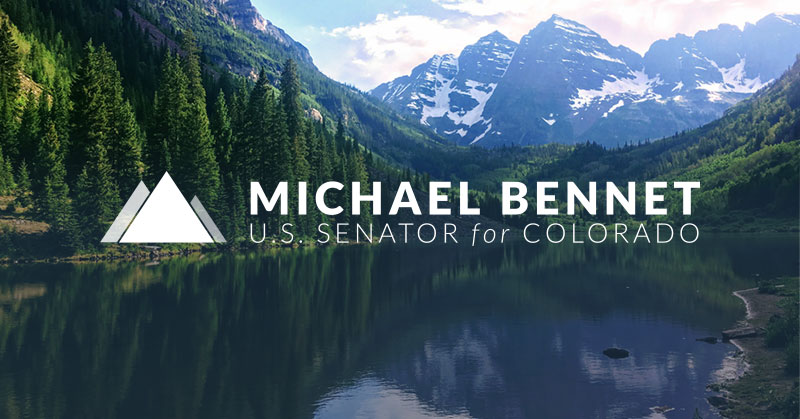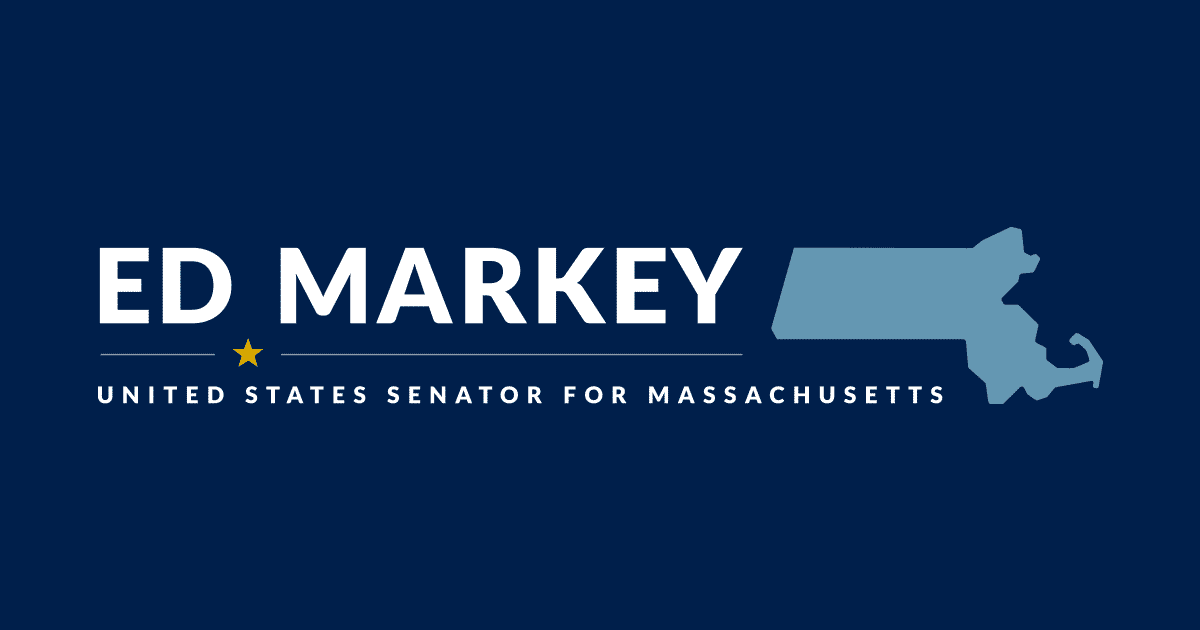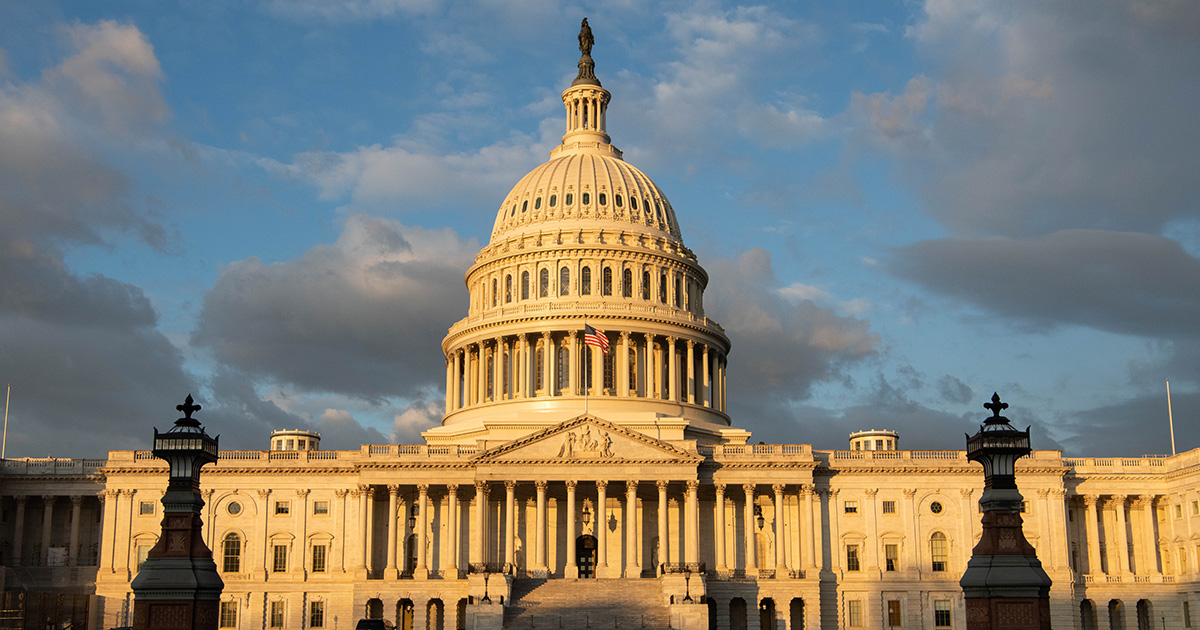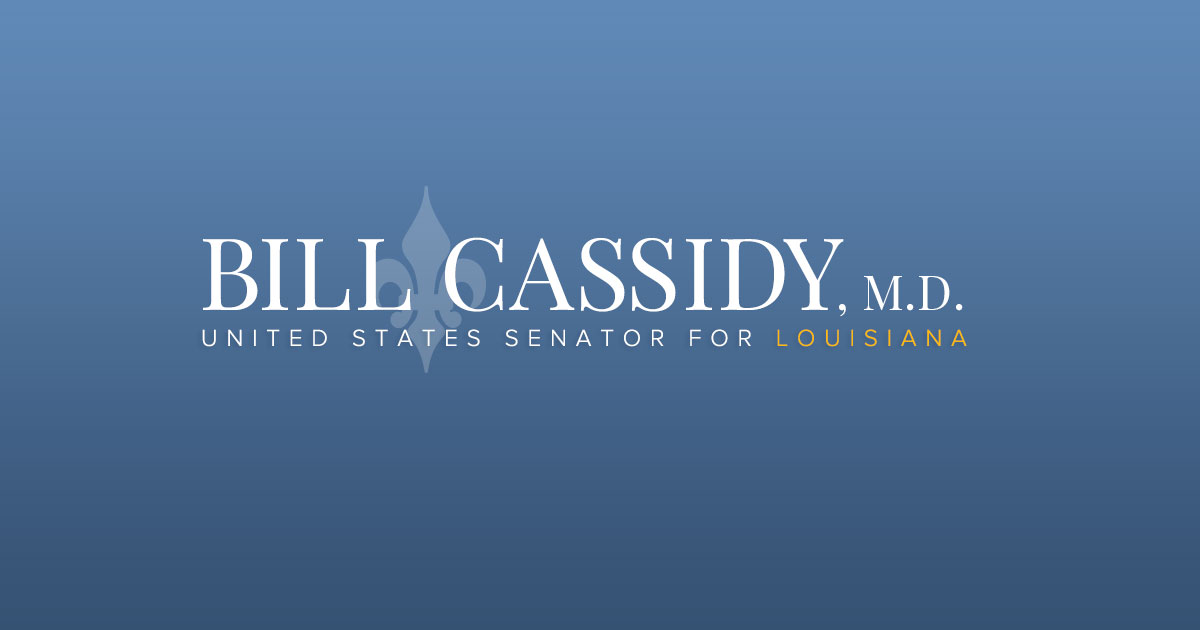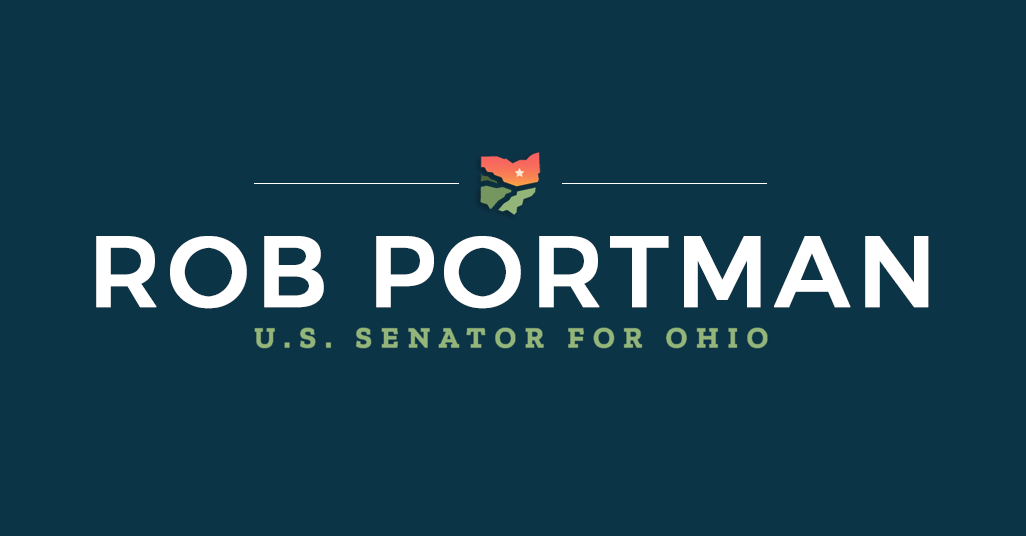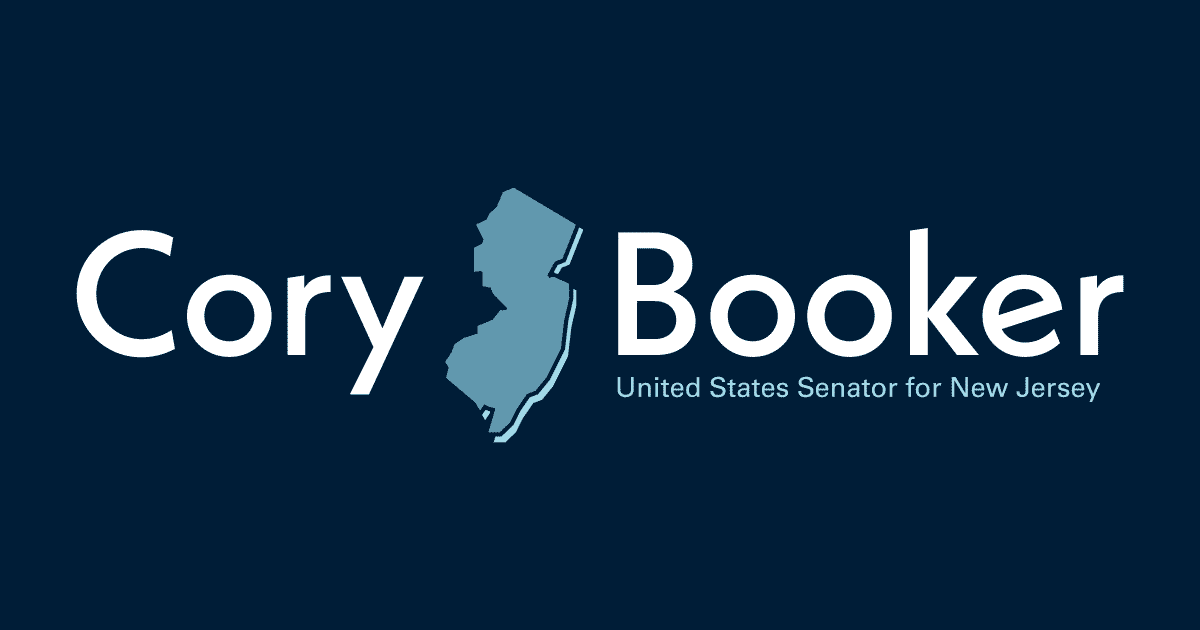Source: United States Senator for Kentucky Mitch McConnell
WASHINGTON, D.C. – U.S. Senate Republican Leader Mitch McConnell (R-KY) delivered the following remarks today on the Senate floor regarding Democrats’ radical Senate takeover:
“The Democratic Party has had control of Washington for exactly 364 days.
“Tomorrow will mark exactly one year since President Biden was inaugurated on the West Front and promised to ‘unit[e] our people,’ ‘lower the temperature,’ and ‘brin[g] America together.’
“But today, that President and his party will try to use fear and panic to smash the Senate, silence millions of Americans, and seize control of our democracy.
“There’s no shortage of real crises Democrats might consider tackling. The worst inflation in 40 years. A seemingly endless pandemic. Soaring homicides. A border crisis. Russia flirting with war in Europe.
“But the Administration and this Senate majority are focused on none of it. Instead, they’ve been consumed by a fake panic over election laws that seems to exist only in their imaginations.
“Let’s put a few basic facts on the table.
“Fewer than one half of one percent of American adults believe that election law is our country’s most important problem.
“When polls ask people what new federal election laws they want, the most popular response is ‘none of the above.’
“More Americans believe current voting laws are too lax than believe they are too restrictive.
“Let that sink in. You could have taken in hundreds of hours of left-wing rhetoric and media coverage over the past year and had no inkling of this basic fact. Significantly more Americans believe current voting laws are too loose and insecure than believe they are too restrictive.
“Professional liberals have spent three straight years talking down our democracy, except a short period after they liked an election result and questioning elections was briefly off-limits. But the American people are not buying it. Democrats have spent years stoking fear and panic over voting laws and the American people simply do not buy it.
“But while Washington Democrats’ fake panic has failed to persuade the country, it could still deal permanent damage.
“Today, the Senate will need to prevent this factional frenzy from damaging our democracy… damaging the Senate… and damaging our republic forever.
***
“First — our democracy.
“Professional liberals’ fake hysteria over state voting laws is collapsing before our eyes.
“Even normally-friendly media outlets are asking Democrats why a law like Georgia’s is supposed to be outrageous when it is objectively more open than the rules in blue states like Delaware and New York. President Biden’s false statement about one state law earned him ‘four Pinocchios’ from the Washington Post.
“There is no factual standard by which any state in America is creating a civil rights crisis. Not compared to their own pre-pandemic baselines. Not comparing across with other states.
“What’s more, Democrats’ own paper trails refute the notion this is about new state laws from 2021. Three years ago, in 2019, Leader Schumer was already giving interviews about supposed voter suppression. The same conspiracy theories were being pushed. The same ominous buzzwords were in vogue. And three years ago, in 2019, Democrats had already introduced their first version of the legislation they are pushing today.
“This party-line push has never been about securing citizens’ rights. It’s about expanding politicians’ power.
“That’s why their bill tries to weaken voter I.D. laws that are popular with Americans of all races.
“It’s why their bill is stuffed with strange policies that have zero relationship to ballot access.
“New powers for bureaucrats to police citizens’ speech online. New schemes where the federal government would directly fund political campaigns.
“This is not some modest bill about ballot access. It’s a sprawling takeover of our whole political system.
“It was never even intended to attract bipartisan support. This partisan Frankenstein bill that House Democrats slapped together was intended to do one thing only: Give the Senate Democratic Leader a pretext to break the Senate.
***
“Later today, this chamber will host a sad spectacle that has not been seen before in living memory.
“A sitting Senate Majority Leader will attempt a direct assault on the core identity of the Senate. Our colleague from New York will try to kill the character of the institution he is supposed to protect and serve.
“The Democratic Leader once said that breaking the rules to kill the filibuster would turn the Senate into a ‘rubber stamp of dictatorship,’ make America ‘a banana republic,’ and trigger ‘a doomsday for democracy.’
“But several years ago, with no connection to this particular issue, he began talking about shredding minority protections if he ever got power. And now he wants to press that doomsday button.
“The legislative filibuster is a central Senate tradition. It is the indispensable feature of our institution. It makes the Senate serve its founding purpose: forging compromise, cooling passions, and ensuring that new laws earn broad support from a cross-section of our country.
“The Senate is not supposed to be a duplicate House of Representatives with fewer members and fancier desks. This body is not supposed to amplify huge swings in federal law with every election. It exists to slow those swings and bring stability.
“The legislative filibuster is the only reason the Senate provides what James Madison called a ‘complicated check’ on ‘improper acts of legislation.’ It embodies Thomas Jefferson’s principle that ‘great innovations should not be forced on slender majorities.’
“Killing the legislative filibuster, any way it happened, would hugely damage the Senate. But doing so by nuking the rules would destroy the Senate.
“As I’ve explained at some length, this is true on the most practical level. A Senate in nuclear winter would not be a hospitable place for either side. As then-Senator Obama explained a decade and a half ago, “if the majority chooses to end the filibuster, if they choose to change the rules and put an end to democratic debate, then the fighting and the bitterness and the gridlock will only get worse.”
“Please note that, even in the Democratic Leader’s manufactured case, even when he presumably wanted the most persuasive theater he could possibly muster, the Senate will only have spent about a day and a half on this bill before he tries to ram it through. Since when does the Senate pass any significant bill in a day and a half, much less a gigantic elections overhaul?
“Our colleague is not trying to conclude an unending discussion that he cannot stop. He is trying to short-circuit a debate that he cannot win.
“This is just the kind of shortsighted power grab this body was built to stop.
***
“The case that most of our Democratic colleagues are making this week boils down to a claim that everything is broken.
“The Senate is broken because they can’t get everything they want.
“Our democracy is broken because Democrats sometimes lose.
“Entire states are broken because the voters vote the wrong way and so their voices in this chamber should be totally silenced. Millions of American voters should be denied any say whatsoever in this chamber.
“Really, our Democratic colleagues claiming our entire Republic is broken. That’s what their anger and pessimism boils down to.
“They say we’re hopelessly divided. That governing institutions that have served us for centuries need to be smashed and steamrolled. That we are fated to keep escalating brute-force battles with no end in sight.
“This is exactly the kind of toxic worldview that this President pledged to disavow. But it is exactly what has consumed his party on his watch.
“You can literally hear it in their voices. In the last few days, our President and his top allies have been reduced to shouting angrily at reporters and at the American people.
“They are so certain they know best. How dare the rules, the facts, the Republicans, and millions of voters all obstruct their wisdom?
“The good news, Mr. President, is that the fear is false. The rage is misplaced. And today, factional fevers will not carry the day.
“The Senate is not broken. We’ve passed major bipartisan bills this past year and we’ve stopped partisan bills that lacked support. Exactly the mixture the framers imagined and Senators on both sides praised until the last few months.
“Our democracy is not broken, either. Citizens across America have ample opportunity to vote and they say so to everybody who will listen.
“And our Republic is not broken. Even with all the crises that Democrats’ policies have created, we remain fellow citizens who are blessed to live in the greatest country on Earth.
“Today, it appears that a narrow bipartisan majority of Senators will vote to save the Senate. With hope, with confidence, we will stand up and say that our institutions are worth protecting. That rules matter. That no American deserves to have his or her voice in this chamber silenced.
“But a partisan minority will do the opposite. They will try to smash and grab as much short-term power as they can carry.
“For both groups of Senators, this vote will echo for generations. Before we part ways tonight, all 100 of us will have marked our legacies in permanent ink.
“Who will vote with hope and confidence in our people — and who will vote from anger, fear, and fake panic?
“Who will vote to protect checks and balances — and who will try to purchase power at any price?
“Who has the courage to protect every single American’s voice in this chamber, no matter their home state, no matter their politics — and who will vote to silence millions of citizens for the sin of voting for the wrong team?
“The American people deserve to know.
“And from this day forward, they will.”
